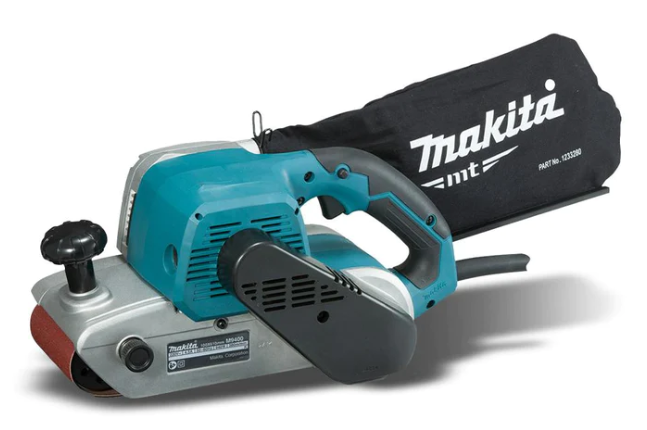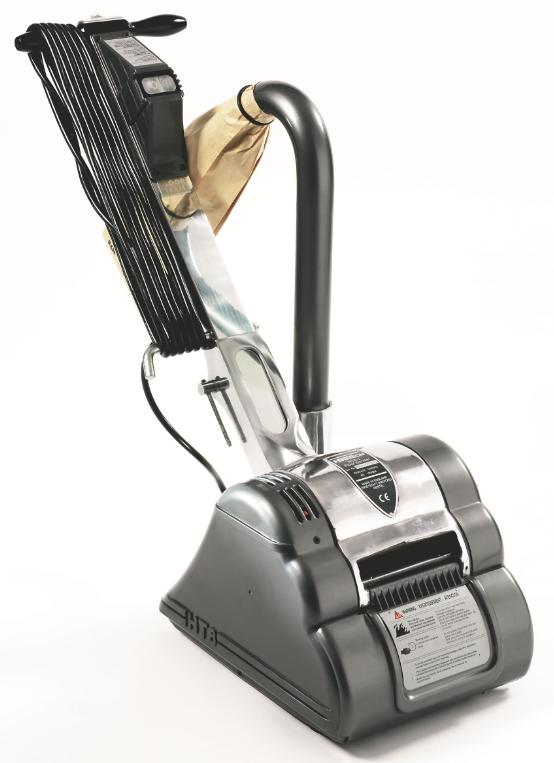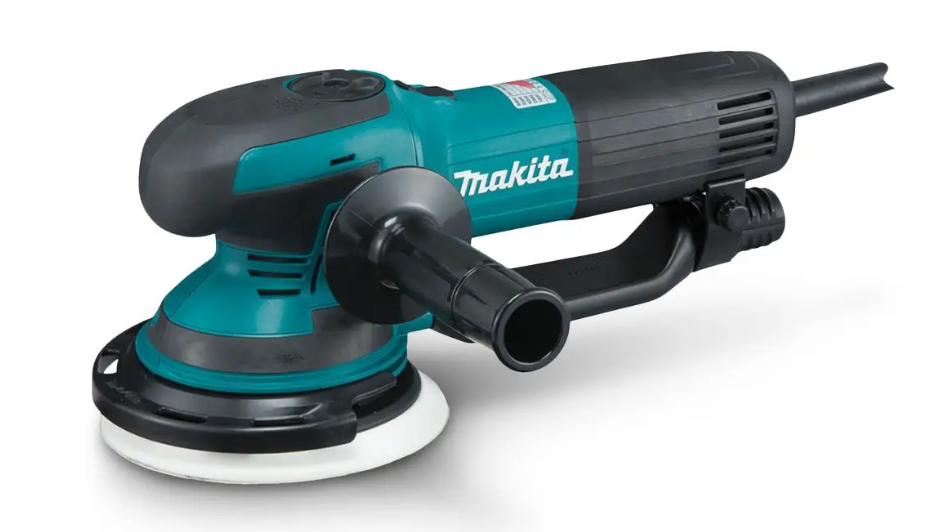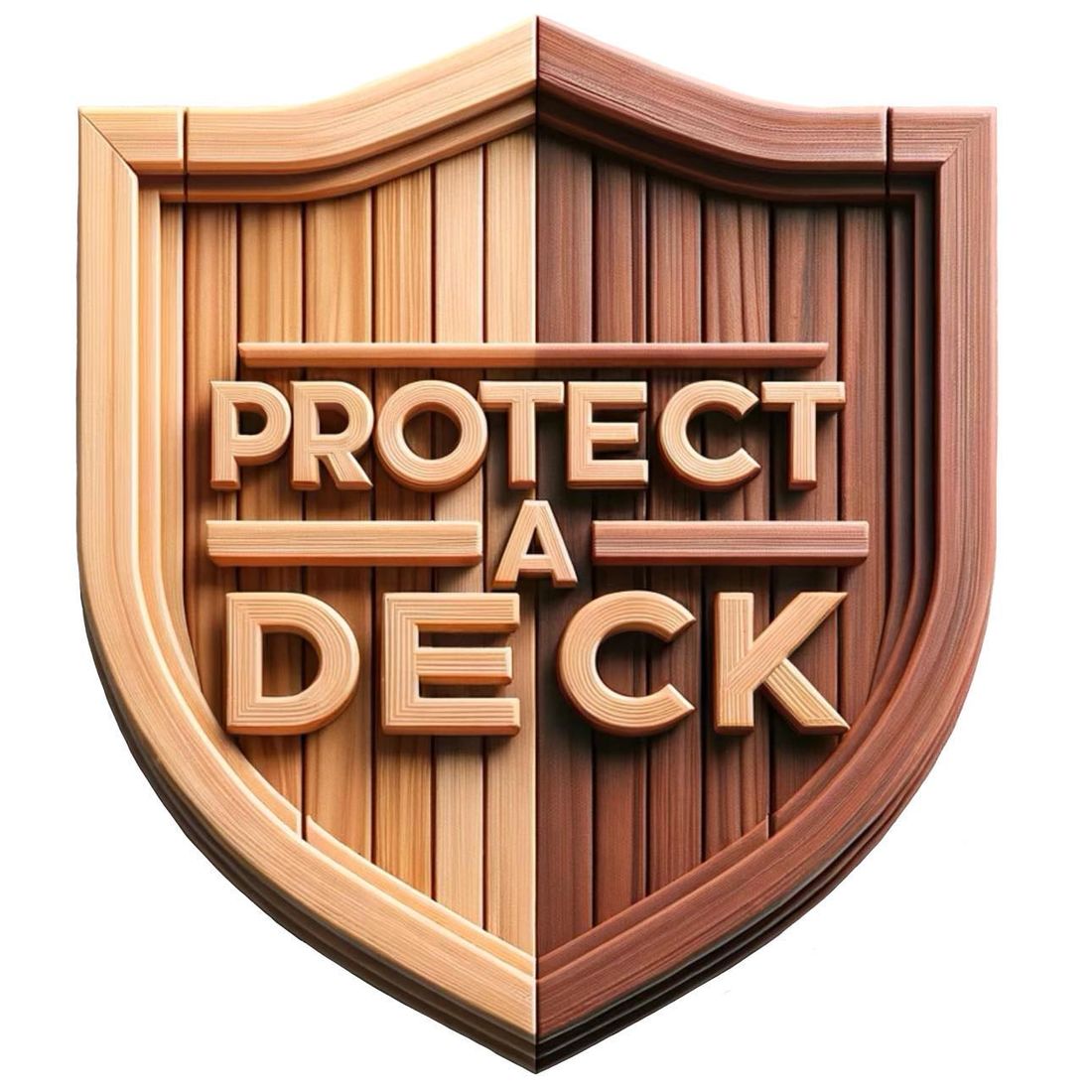A Guide to Sanders for Deck Sanding
Sanding your deck is an essential part of maintenance to keep it looking great and prolong its lifespan. However, choosing the right sander can be confusing with the various types available. In this guide, we'll explore the different types of sanders commonly used for deck sanding: the belt sander, drum sander, random orbital sander, and deck brush.
1. Belt Sander
The belt sander is a powerful tool ideal for large deck surfaces. It features a continuous loop of sandpaper that rotates around two drums, providing a fast and efficient sanding process. Belt sanders are great for removing old finishes, smoothing rough surfaces, and leveling uneven areas on your deck.

Pros:
- Fast and efficient sanding
- Ideal for large deck areas
- Removes old finishes and smooths rough surfaces effectively
Cons:
- Can be aggressive and may leave sanding marks if not used correctly
- Not suitable for detailed work or curved surfaces
2. Drum Sander
Similar to a belt sander, the drum sander is a heavy-duty tool designed for sanding large areas. It features a rotating drum that accepts sandpaper sleeves. Drum sanders are excellent for removing thick coatings, leveling uneven spots, and smoothing rough surfaces on your deck.

Pros:
- Fast and efficient sanding
- Removes thick coatings and levels uneven spots effectively
Cons:
- Can be difficult to control and may leave sanding marks if not used correctly
- Not suitable for detailed work or curved surfaces
- Can be to aggressive, and remove too much, meaning you can only perform this maintenance work a few time before sanding off too many layers of your decking.
3. Random Orbital Sander
The random orbital sander is a versatile tool that combines orbital and rotary sanding motions. It features a round sanding pad that moves in a random pattern, ensuring a smooth finish without swirl marks. Random orbital sanders are suitable for both rough and finish sanding on your deck.

Pros:
- Versatile and suitable for both rough and finish sanding
- Provides a smooth finish without swirl marks
- Ideal for detailed work and curved surfaces
Cons:
- Slower than belt and drum sanders
- May not be as effective for removing thick coatings
Conclusion
Each type of sander has its advantages and disadvantages, and the best choice depends on your specific needs and the condition of your deck. For large deck areas and heavy-duty sanding, a belt sander, drum sander or deck brush may be more suitable. However, for detailed work, curved surfaces, or a smoother finish, a random orbital sander may be a better option. Regardless of the sander you choose, always follow safety guidelines and wear appropriate protective gear when sanding your deck.

